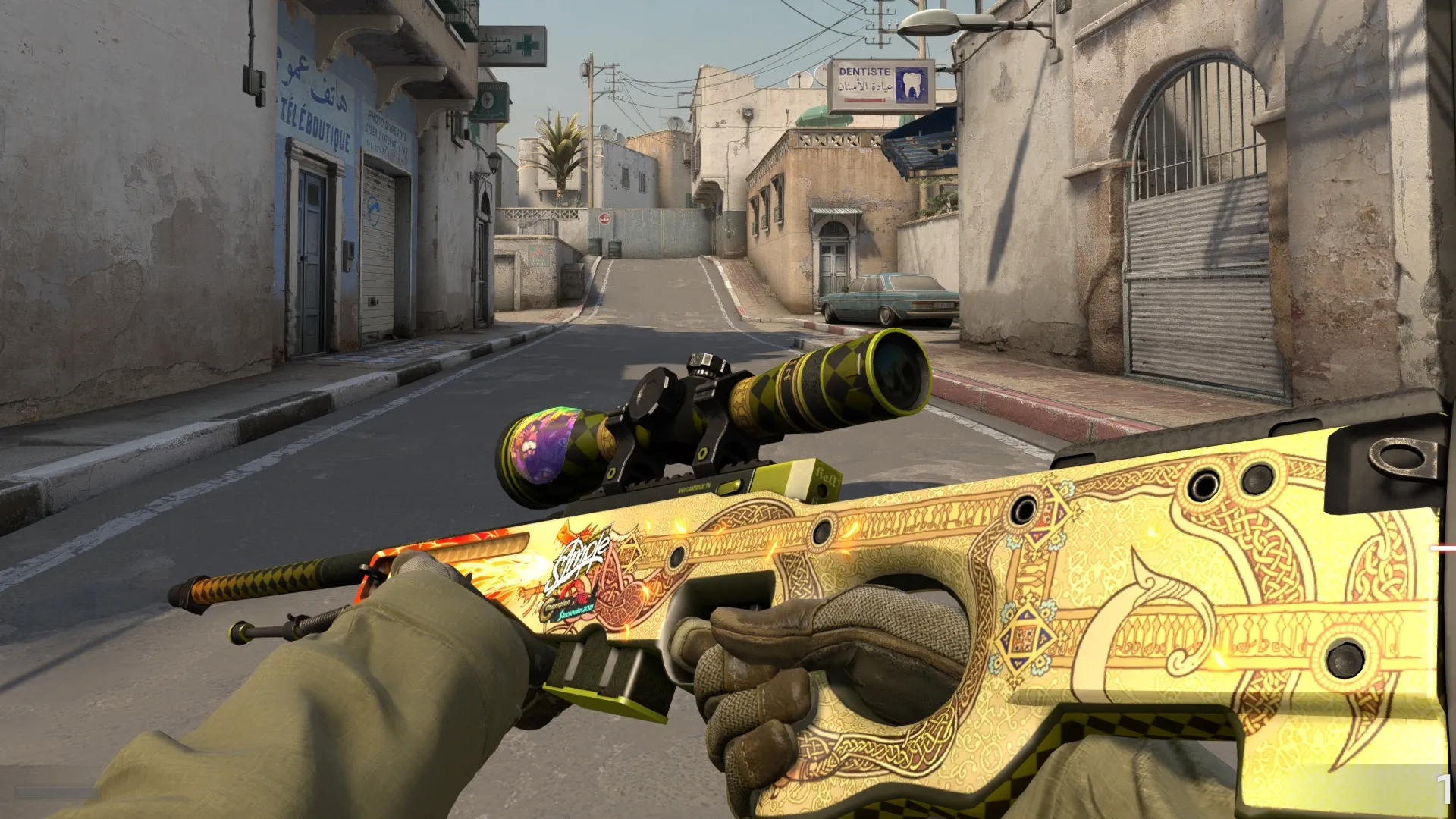The Counter-Strike: Global Offensive (CS:GO) community faced a major blow as the second ban wave initiated by Valve led to the loss of over $2 million worth of skins. This dramatic event, which took place on June 28, has significantly impacted around 40 major traders within the community.
The recent crackdown follows Valve’s initial raid on skin-gambling in May, which targeted accounts with skin collections valued as high as $367,300, based on estimates from trading platforms. This move underscores Valve’s commitment to mitigating illegal gambling activities associated with its popular shooter game.
Among those affected by the ban wave were several traders linked to CSGORoll, a website sponsoring G2 and allegedly implicated in “illegal” activities and “money laundering”, as claimed by its competitor, CSGOEmpire. The list of banned individuals, which was compiled by CSGOEmpire, includes the Steam Accounts, Twitter handles, and CSGORoll identities of the targeted traders.
Valve’s community ban policy restricts Steam users from trading their skins, effectively leaving the skins of the banned traders in a state of permanent inventory limbo, unless Valve decides to lift the ban. This has led to significant losses for the banned traders and major repercussions for the CS:GO trading community.
This isn’t the first time Valve has taken decisive action against skin-gambling. The company began its campaign against this practice earlier this year, banning three traders with collections worth more than six figures. The crackdown is not without external pressure, with various entities voicing concerns about illegal gambling activities.
International regulatory bodies have also been taking action. In May 2023, the Australian government, which has been closely monitoring CS:GO gambling websites, imposed a ban on access to CSGORoll, marking the first such action by the Australian authorities.
Valve’s history with skin-gambling issues dates back to 2016. The Washington Gambling Commission had forced the company to change its policy regarding skin-gambling websites after sending letters to Valve president Gabe Newell.
In related news, CSGORoll recently faced criticism for a gambling advertisement featuring G2’s Ilya “m0NESY” Osipov. The video was released on m0nesy’s 18th birthday, sparking questions about its production and ethical implications from the community.
The latest ban wave in the CS:GO community underscores the increasing scrutiny and regulatory pressure on skin-gambling practices. As Valve continues its crackdown, the future of skin trading within the game could undergo significant changes.
Stay updated with the latest news in gaming and esports by signing up for early access to TalkEsport’s Mobile App. Follow us on Twitter and Google News to ensure you never miss the exciting updates.


Deixar um comentário